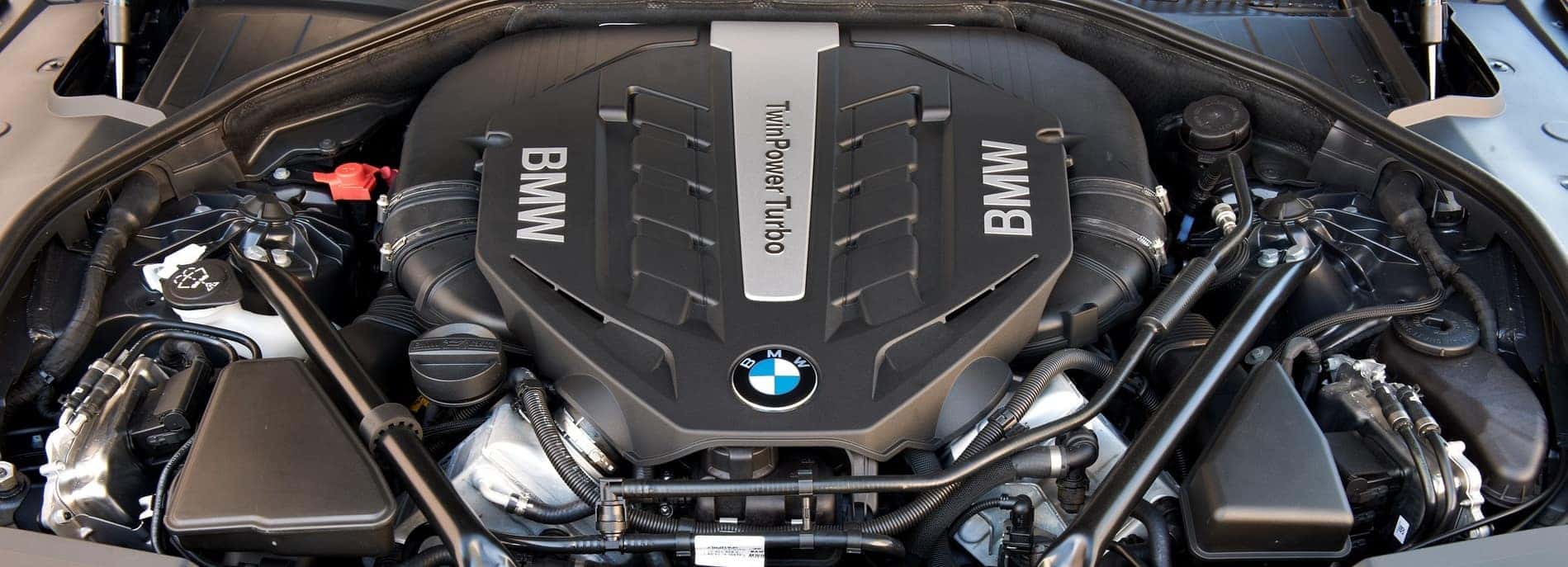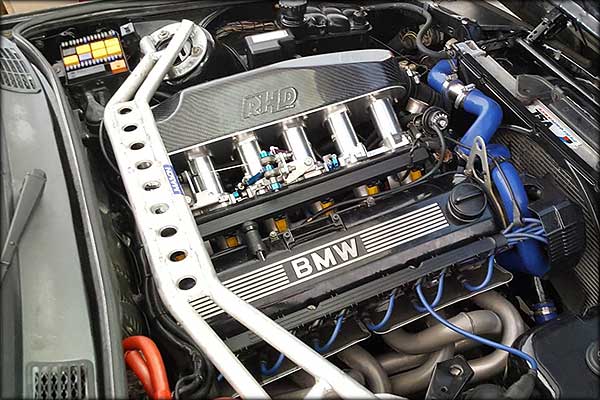Why the BMW Engine Is Considered Among the most effective in Deluxe Cars
Why the BMW Engine Is Considered Among the most effective in Deluxe Cars
Blog Article
Introducing the Intricacies of Next-Generation Power Units: a Deep Study Advanced Engine Styles and Advancements
In the world of vehicle design, the unrelenting search of sustainability, efficiency, and effectiveness has pushed the development of power devices to unprecedented elevations. As we stand on the precipice of a new era in transportation, the complexities of next-generation engine layouts bid us to explore the cutting-edge innovations and advancements that guarantee to redefine the driving experience. From innovative products that press the limits of toughness and weight reduction to sophisticated turbocharging and supercharging systems that elevate power result to new levels, each part of these power devices holds a key to opening the future of vehicle engineering. Digging much deeper right into the realms of discharge control, smart engine monitoring systems, and the horizon of power unit growth, we discover ourselves on the cusp of a transformation that assures to improve the landscape of wheelchair as we understand it.
Evolution of Engine Materials

The shift in the direction of progressed engine products has actually also enabled designers to design engines with higher power outcomes while preserving fuel performance standards. For example, the usage of light-weight products minimizes the general weight of the engine, bring about improved fuel economy and lower emissions. In addition, advancements in materials technology have enabled much better thermal administration within engines, leading to enhanced reliability and longevity.
Turbocharging and Supercharging Technologies
How do Turbocharging and Supercharging Technologies revolutionize engine efficiency and effectiveness in modern cars? Turbocharging and supercharging are innovations that considerably boost engine efficiency by boosting the amount of air consumption into the burning chamber. Turbocharging accomplishes this by using a generator driven by exhaust gases to pressurize the intake air, while turbo charging utilizes a belt- or chain-driven compressor to achieve the exact same effect.
These technologies make it possible for smaller, extra fuel-efficient engines to create power equal to bigger ones, referred to as downsizing. Forcibly more air right into the cylinders, supercharging and turbocharging improve burning efficiency, causing increased horse power and torque output without a considerable increase in engine dimension. This leads to much better velocity, hauling capability, and overall driving efficiency.
Furthermore, supercharging and turbocharging add to improved gas efficiency by allowing the usage of smaller sized engines that consume much less gas under normal driving conditions - bmw engine. This mix of boosted performance and performance has made turbocharging and turbo charging indispensable components of numerous contemporary engine layouts
Exhaust Control and Environmental Effect
With boosting international concerns concerning air high quality and environmental sustainability, the application of discharge control modern technologies in lorries plays a vital duty in minimizing unsafe contaminants launched right into the environment. Modern lorries are geared up with innovative exhaust control systems that aid decrease the ecological influence of auto operations. Catalytic converters, for instance, are designed to convert toxic gases such as carbon monoxide, nitrogen oxides, and hydrocarbons into much less unsafe compounds like carbon dioxide and water vapor.
In addition, developments in engine innovation, such as the assimilation of exhaust gas recirculation systems and discerning catalytic decrease, have actually substantially contributed to lowering emissions. These technologies function in tandem to maximize combustion efficiency and minimize the launch of unsafe contaminants into the air. Additionally, the growth of crossbreed and electric cars represents an essential step in the direction of minimizing the overall environmental impact of the transportation industry.
Intelligent Engine Monitoring Solution

In addition, these systems allow vehicles to fulfill strict emissions requirements without compromising efficiency, providing a much more eco-friendly driving experience. The integration of artificial knowledge and machine discovering capabilities in engine administration systems proceeds to push the boundaries of what is possible, causing further enhancements in performance, reliability, and general vehicle performance. bmw engine. As auto modern technology advances, smart engine management systems will certainly play a crucial function in forming the future of transportation towards a much more effective and lasting instructions
Future Trends in Power Unit Development
As smart engine administration systems lead the means for enhanced control and optimization in contemporary automobiles, future fads in power device development are poised to redefine the landscape of vehicle propulsion modern technologies. Among the key trends driving innovation in power unit growth is the change in the direction of electrification. With an increasing focus on sustainability and decreasing carbon emissions, crossbreed and electrical powertrains are ending up being a lot more widespread in the auto sector. These alternative source of power use enhanced effectiveness and efficiency while lining up with rigid ecological policies.
One more significant trend is the assimilation of innovative materials and producing methods. Lightweight products such as carbon fiber and aluminum are being utilized to lower general lorry weight, boosting gas efficiency and performance. Additionally, innovations in 3D printing and additive production are making it possible for the manufacturing of complex engine parts with greater precision and resilience.
In addition, expert system and machine understanding are playing a vital role in maximizing power system performance. These modern technologies enable for real-time monitoring and adaptive control, leading to a lot more efficient and dependable power distribution. In general, future fads in power unit growth are geared in the direction of sustainability, performance, and effectiveness, driving the automotive sector towards a brand-new period of propulsion technologies.

Conclusion
In conclusion, the innovations in engine materials, turbocharging, discharge control, and intelligent administration systems have actually led the way for next-generation power units. a knockout post These technologies have not only enhanced efficiency and efficiency yet also lowered environmental effect. As modern technology continues to progress, future trends in power system development are likely to concentrate on further improving sustainability and maximizing power result. The elaborate styles and technologies in contemporary engines display the ongoing evolution of vehicle modern technology.
Discovering the dynamic advancements in engine materials has been critical in improving the performance and performance of modern engines. Over the years, the evolution of engine materials has actually played an essential function in pressing the borders of what engines can attain.The change in the direction of progressed engine products has actually likewise enabled engineers to develop engines with higher power outputs while maintaining fuel efficiency requirements.The application of intelligent engine management systems in modern vehicles has actually changed the means engines are managed and enhanced for performance and effectiveness. By gathering information in real-time and assessing it with sophisticated algorithms, smart engine monitoring systems can adjust to driving styles, environmental variables, and engine health to make best use of power result while lessening fuel consumption and exhausts.
Report this page